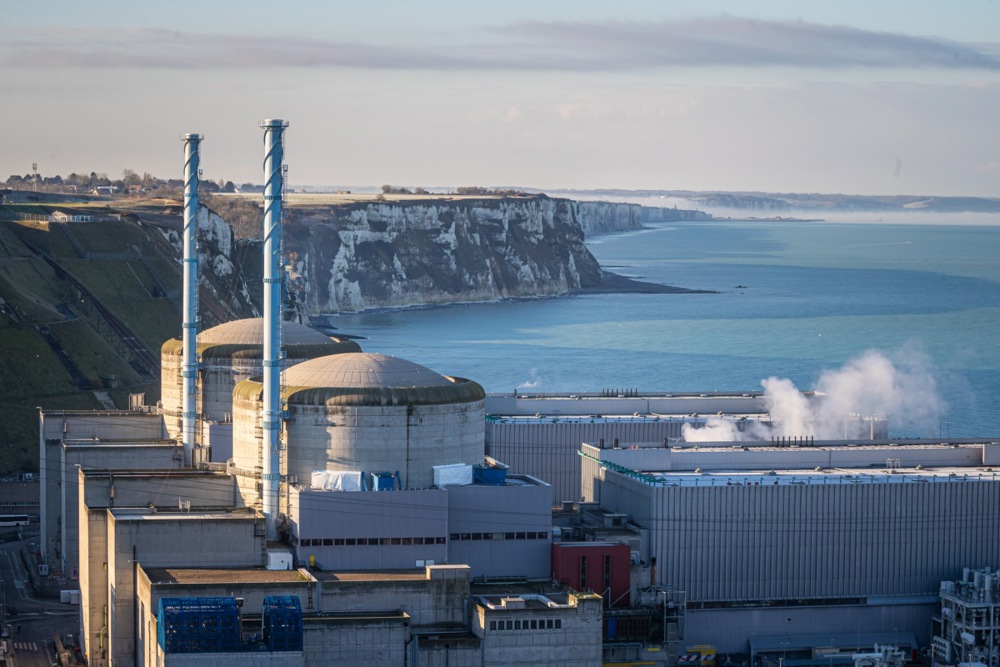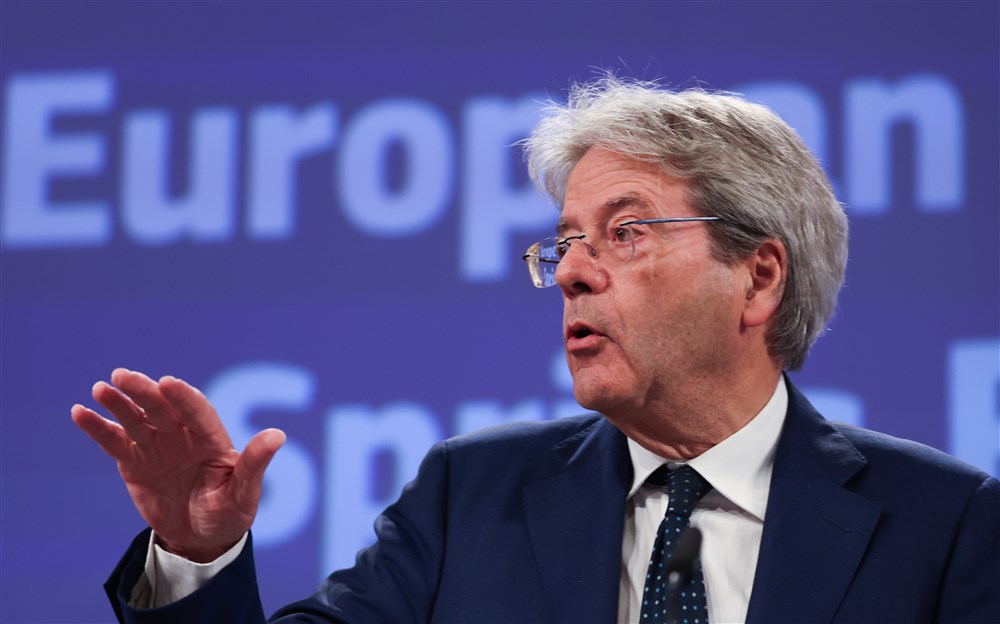Chancellor Olaf Scholz used a visit to an Alternative für Deutschland (AfD) stronghold in Eastern Germany to intensify his attacks on the party, vowing to push back against “enemies of democracy” and defending an open and free society as the driving force for peace and prosperity in the heart of Europe.
During a town hall meeting Thursday in the city of Erfurt, Thuringia, Scholz was asked by a worried citizen about the rise of the ‘far-right’ and how he plans to counter such political forces.
In a clear reference to the AfD, Scholz warned that some parties are exploiting ordinary citizens’ fears, driving a wedge into society and trying to weaken the European Union.
“I wouldn’t go as far as saying that democracy is being undermined, but there are definitely enemies of democracy,” Scholz said. “We won’t be able to avoid taking a stand and saying that we’re defending democracy and the freedom we’ve achieved.”
Communication will be key in fighting back, according to the chancellor.
“Part of this effort is that we make ourselves clear what it’s all about: It’s about saying that this country has benefited greatly from being in the European Union,” Scholz said. Germany’s huge prosperity wouldn’t be possible without membership of the bloc’s single market, he said.
Sonntagsfrage zur Bundestagswahl • Forsa für RTL/n-tv: CDU/CSU 25 % | AfD 21 % | SPD 17 % | GRÜNE 15 % | FDP 7 % | DIE LINKE 4 % | Sonstige 11 %
➤ Übersicht: https://t.co/MO5RyMFkPu
➤ Verlauf: https://t.co/QebW8kam1g pic.twitter.com/LoAFcO3Cmf— Wahlrecht.de (@Wahlrecht_de) August 8, 2023
Scholz said politicians must make clear that openness is a strength and not a weakness. “Part of this freedom and democracy also is that we protect each other, that we make sure that no one has to fear saying his or her opinion,” he said.
The chancellor also said there’s no reason to be afraid of the future and that everyone can look ahead with confidence, despite huge changes in the world like the shifts toward renewable energies or zero-carbon technologies.
Support for the AfD in national opinion polls has strengthened in recent months to about 20 per cent, lifting it above Scholz’s center-left Social Democrats into second place behind the conservative CDU/CSU bloc.
The party’s advance to record-high popularity has been fuelled by voter discontent on issues from immigration, persistently high inflation and costly climate-protection measures.
It’s also benefited from persistent bickering among senior officials in the two smaller parties in Scholz’s ruling alliance: the environmentalist Greens, who are pushing for more spending on climate action, and the fiscally cautious Free Democrats, led by Finance Minister Christian Lindner.
The AfD questions the contribution humans make to global warming, wants to prevent more foreigners coming to Germany and calls for many powers transferred from member-states to the EU to be clawed back.
The other main parties in Germany have consistently ruled out cooperating with the AfD at national or regional level. Its support has surged to about 30% in eastern states including Thuringia, where it’s comfortably the strongest party, as well as in Brandenburg and Saxony.





